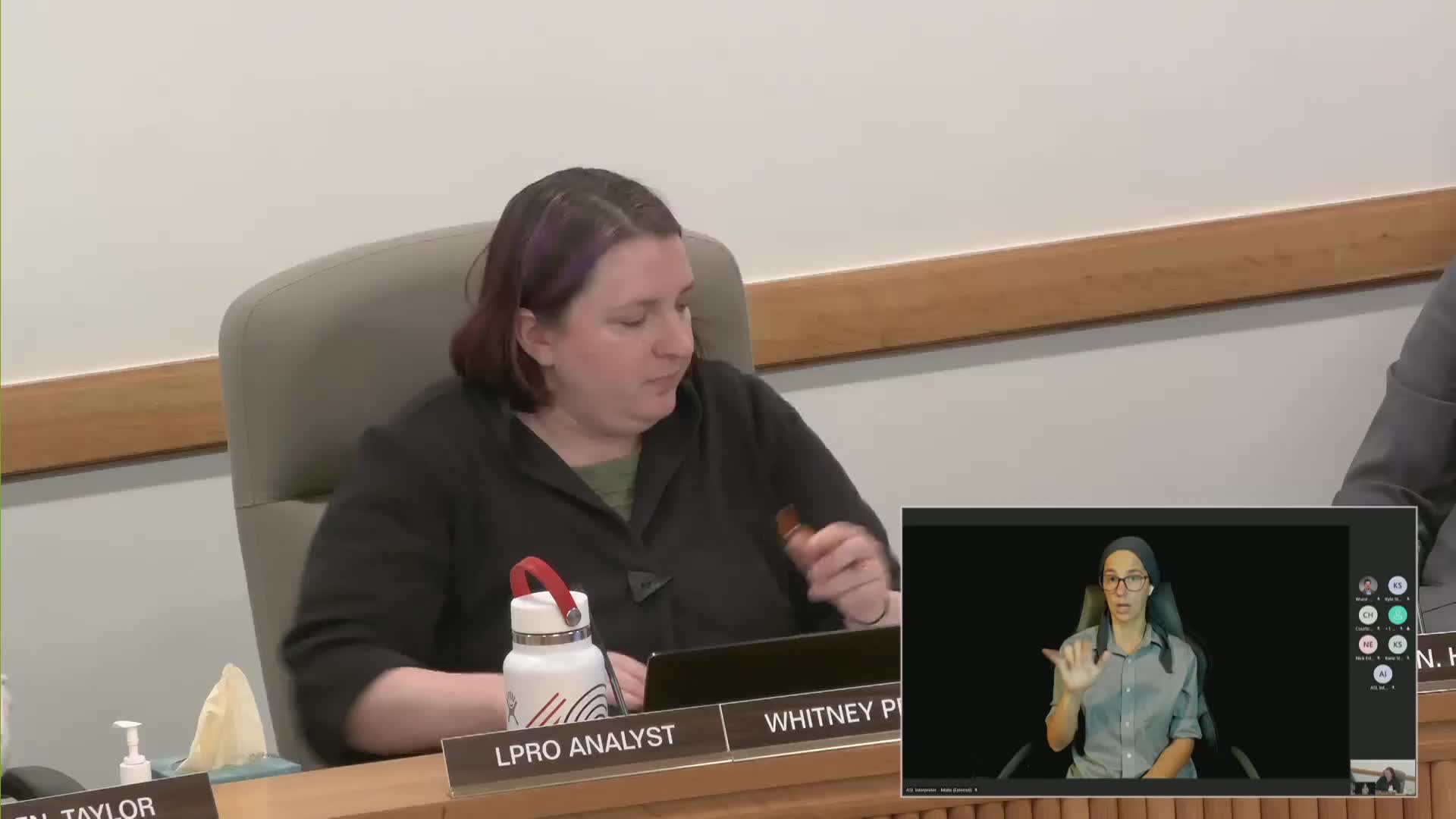School districts seek parity in proof-of-financial-ability exemption for self-insured workers’ comp
Get AI-powered insights, summaries, and transcripts
Subscribe
Summary
Testimony in support of Senate Bill 904 would allow self-insured school districts to apply for exemption from the Department of Consumer and Business Services rule requiring standby letters of credit or bonds by permitting proof of reserves, actuarial reports, and other evidence similar to cities and counties.
Senate Bill 904 would add school districts to the list of self-insured employers eligible to apply for an exemption from the Department of Consumer and Business Services rule that requires self-insured employers to establish proof of financial ability (typically a standby letter of credit or bond) for workers’ compensation programs.
Joe Krelier, Director of Risk Management for Portland Public Schools, testified that the bill inserts “school district” into ORS 656.407 (as read by the committee staff) to give school districts the statutory path that cities and counties already have to demonstrate financial responsibility through reserve funds, at least three years of self-insured history, and sound actuarial reports. Krelier said Portland Public Schools currently pays roughly $10,000–$12,000 annually for a standby letter of credit and estimated the change could save “roughly over the next decade that's a hundred thousand or more that we could save.”
Michael Majors, risk manager for Salem-Keizer Public Schools, said the district supports SB 904 and estimated savings of about $30,000 annually. TJ Crockett, acting chief operations officer for Salem-Keizer, testified the district educates 38,000 students and favored keeping funds within districts for education rather than paying banking fees.
Committee members said the bill would not automatically grant an exemption; passing the bill would allow school districts to apply to DCBS to submit actuarials and proof of reserves for consideration. The management labor advisory committee (MLAC) had discussed the measure and staff said it would wait for MLAC action before scheduling a work session.
Ending: The public hearing closed with unanimous supportive testimony from multiple school-district risk managers and operations officers; the committee indicated it will schedule a work session after MLAC consideration.
